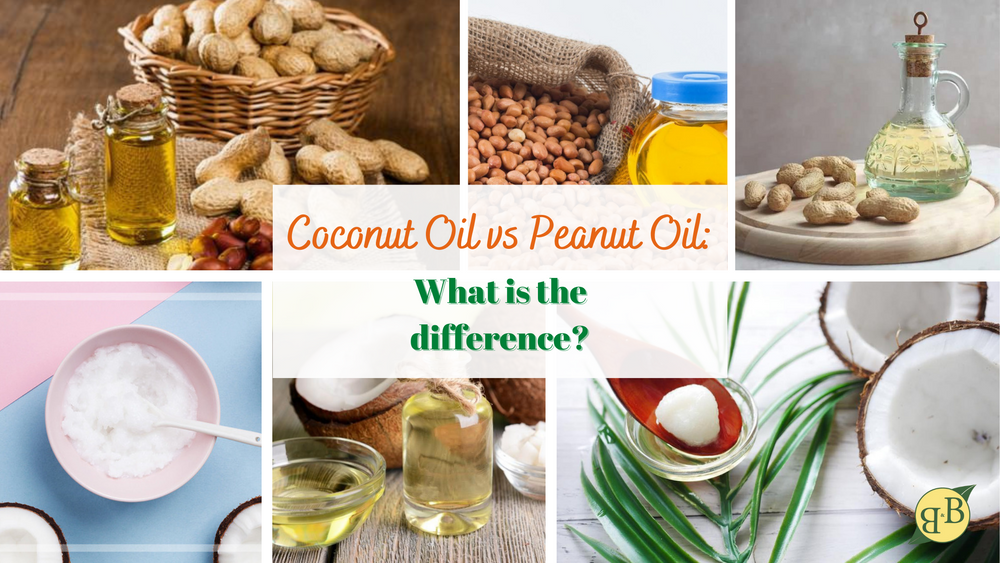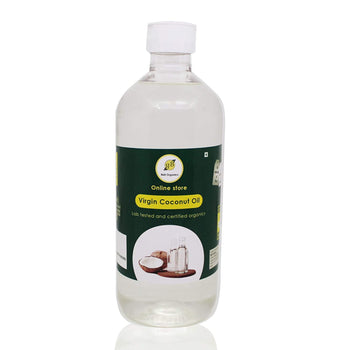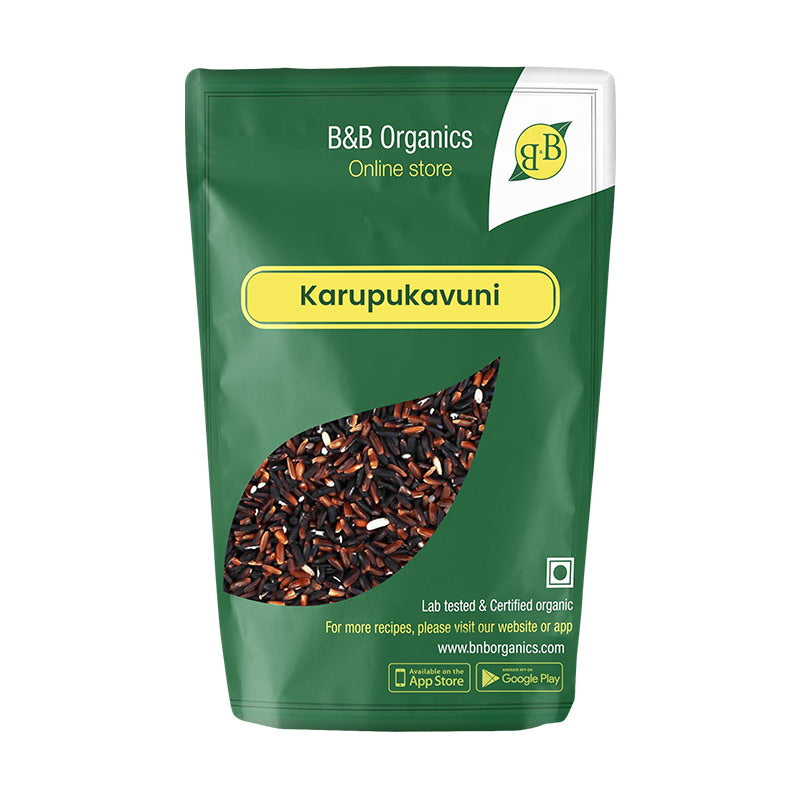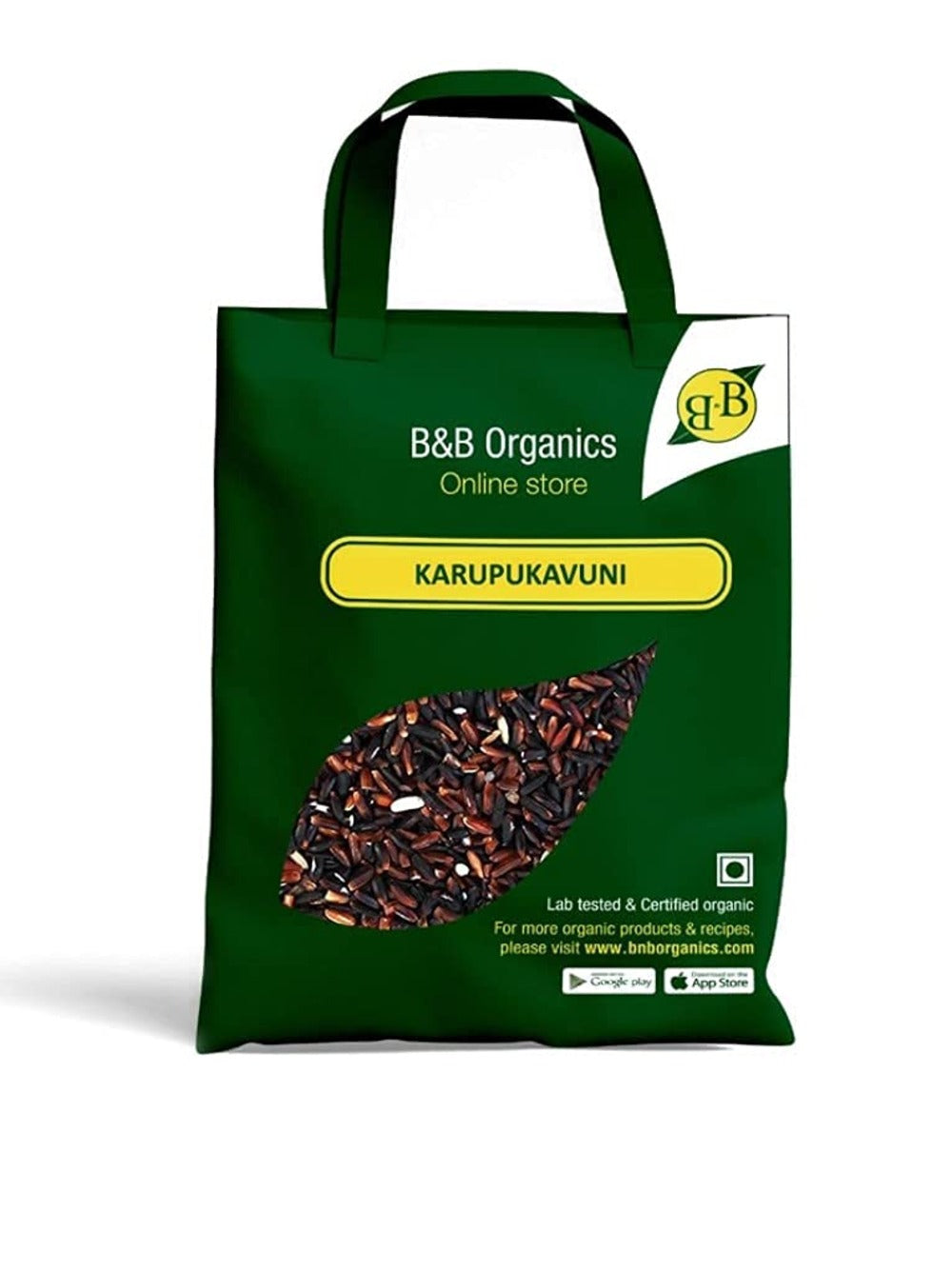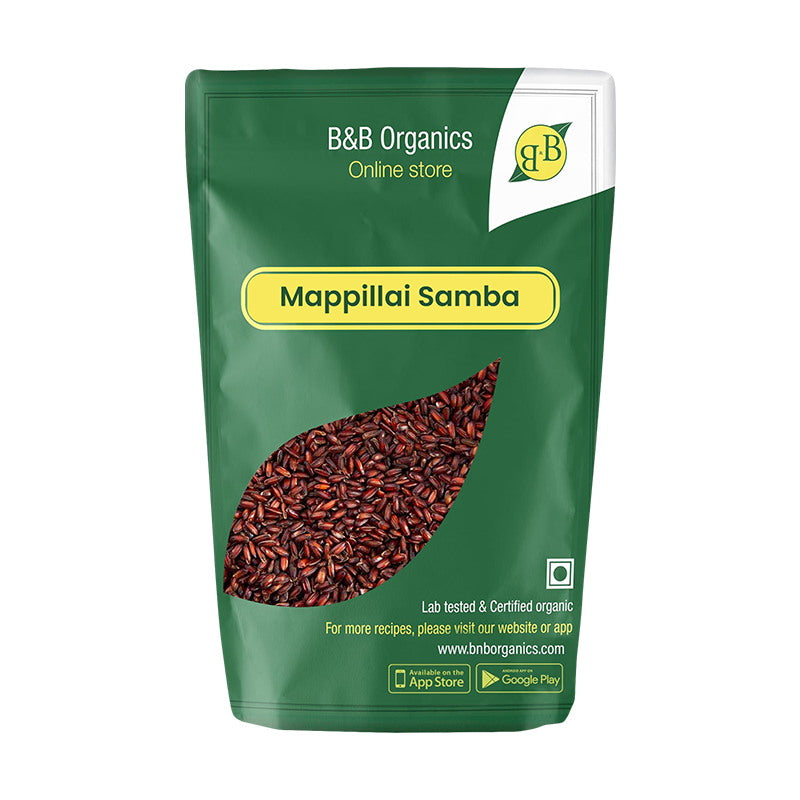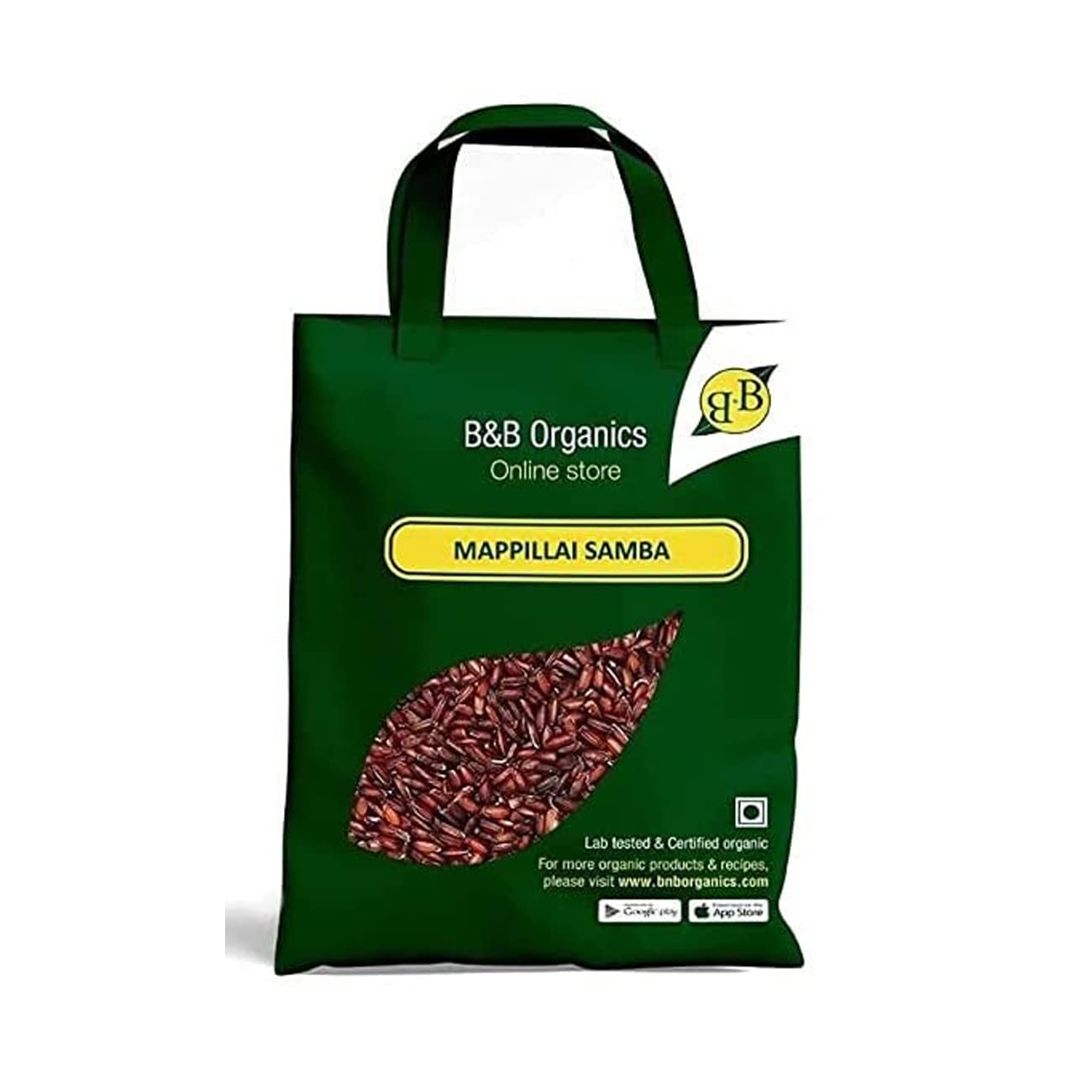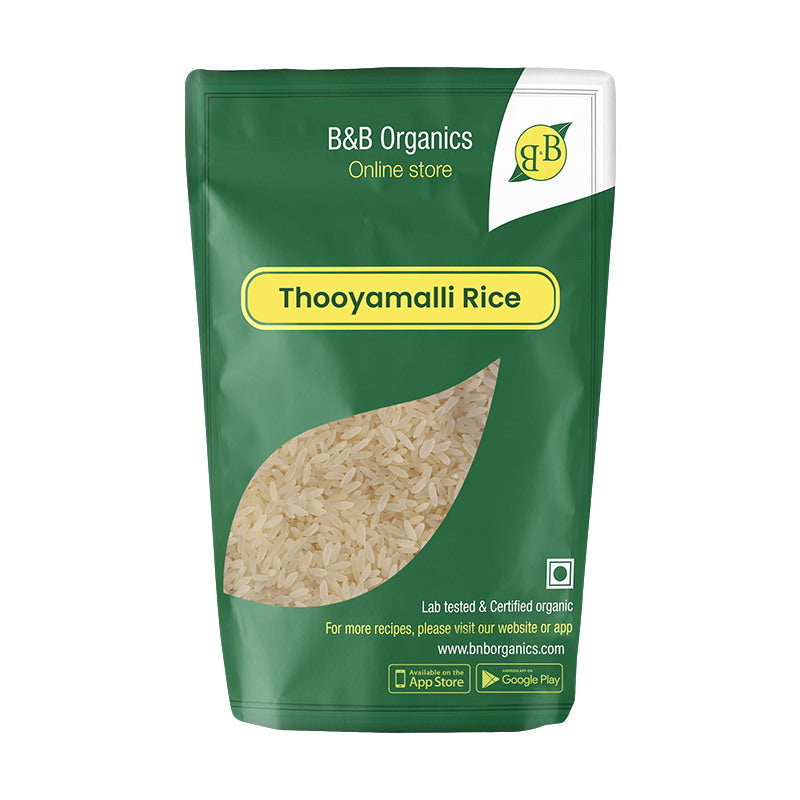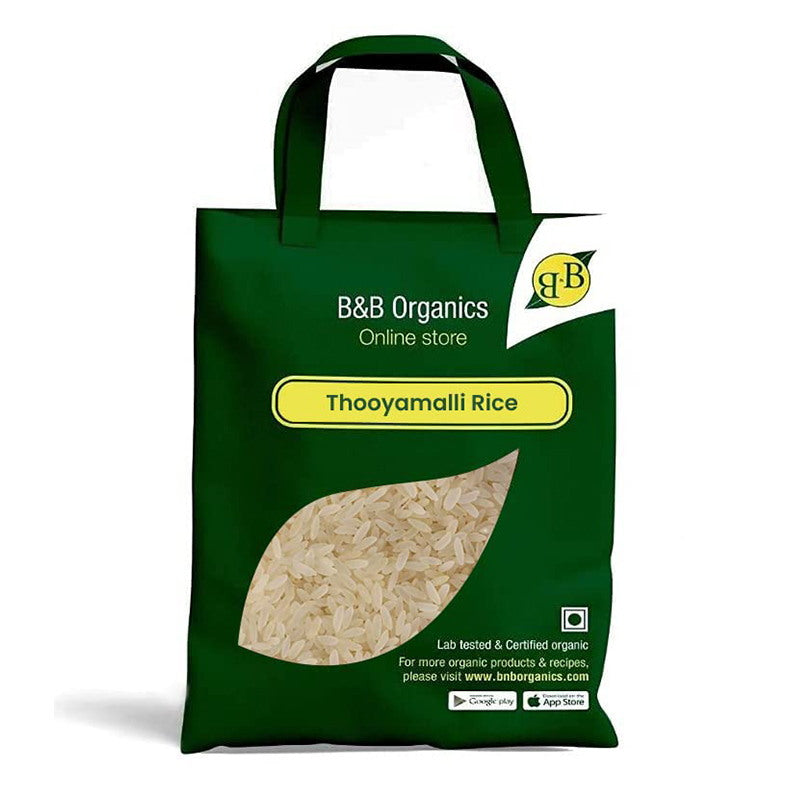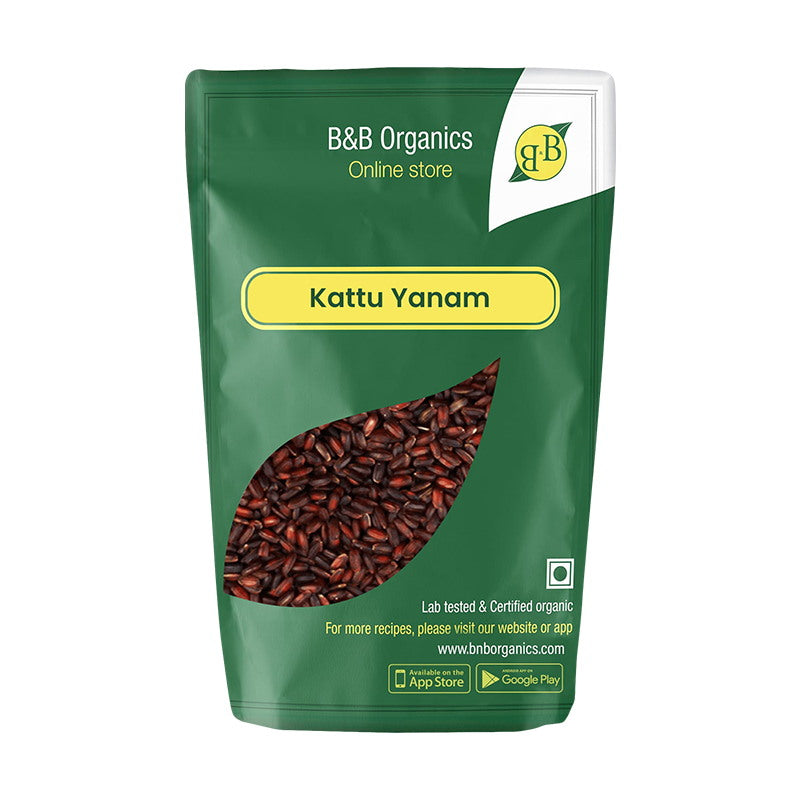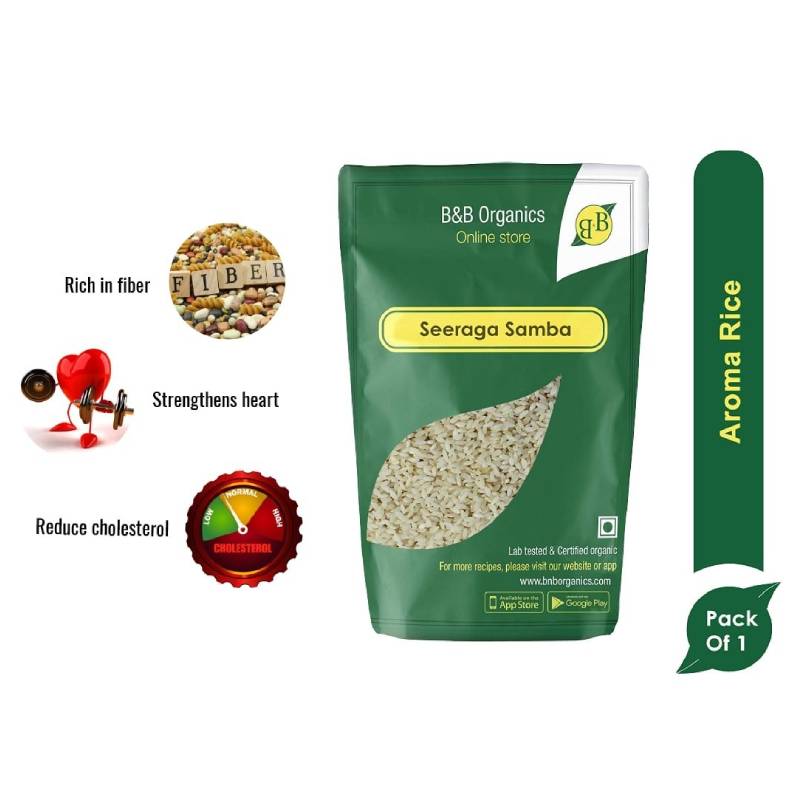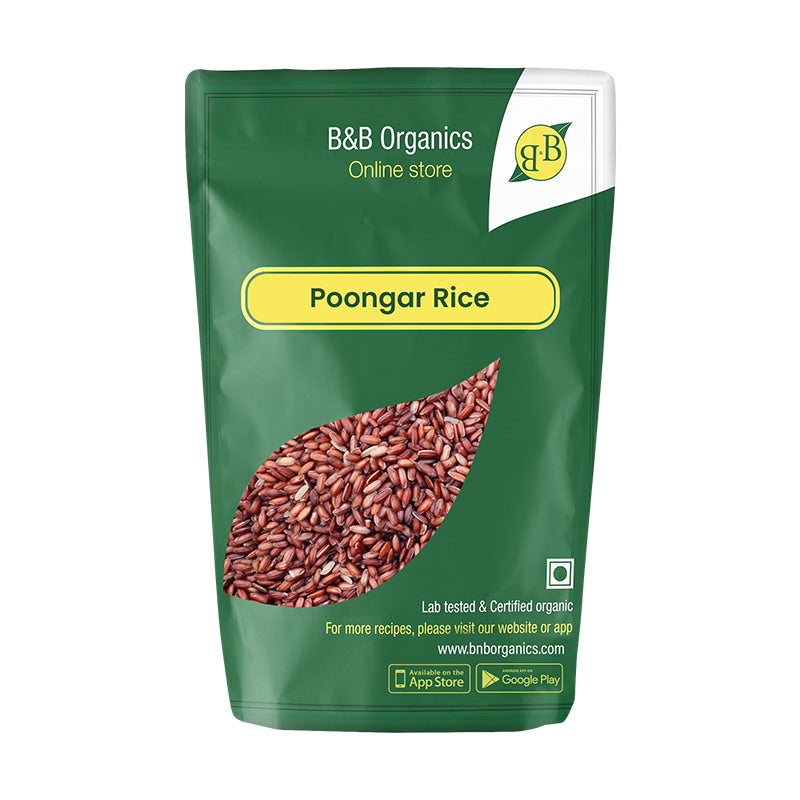Coconut oil and peanut oil are two popular cooking oils used in many cuisines around the world. While both oils have their benefits and uses, they differ in  terms of their composition, flavour, and cooking properties. Here's a closer look at the difference between coconut oil and peanut oil.
terms of their composition, flavour, and cooking properties. Here's a closer look at the difference between coconut oil and peanut oil.
Composition:
Coconut oil is a medium-chain triglyceride (MCT) oil, which means that it contains mostly medium-chain fatty acids. These fatty acids are quickly metabolised by the body, making coconut oil a popular choice for people on low-carb or ketogenic diets. Coconut oil is also high in saturated fats, which has led to concerns about its impact on heart health.
Peanut oil, on the other hand, is a monounsaturated fat, which is considered a healthy fat. It is high in oleic acid, which is known to have several health benefits, including reducing inflammation and improving heart health. Peanut oil also contains some saturated fats but in smaller amounts than coconut oil.
Flavour:
Coconut oil has a distinct sweet, nutty flavour and aroma, which makes it a popular choice in many Asian and tropical cuisines. It is often used in curries, stir-fries, and baked goods to add a rich, coconut flavour. However, some people find the flavour of coconut oil overpowering and prefer to use a milder oil.
Peanut oil, on the other hand, has a more neutral flavour, making it a versatile oil that can be used in many dishes. It is often used in Asian and Middle Eastern cuisines and is a popular choice for deep-frying due to its high smoke point.
Cooking Properties:
Coconut oil and peanut oil have different cooking properties due to their composition and smoke point. Coconut oil has a lower smoke point than peanut oil, which means that it is not suitable for high-heat cooking methods like frying. When coconut oil is heated to high temperatures, it can break down and produce harmful free radicals, which can damage cells and contribute to  inflammation.
inflammation.
Peanut oil, on the other hand, has a high smoke point, making it an ideal choice for high-heat cooking methods like frying, roasting, and sautéing. It can withstand high temperatures without producing harmful smoke or toxins.
Uses:
Coconut oil and peanut oil have different uses in cooking and baking. Coconut oil is often used in baking as a substitute for butter or vegetable oil. It is also used in many vegan and gluten-free recipes due to its unique texture and flavour. Coconut oil is also a popular choice for making homemade beauty products, like body scrubs and moisturisers, due to its moisturising properties.
Peanut oil is often used in Asian and Middle Eastern cuisines for its neutral flavour and high smoke point. It is a popular choice for deep-frying, as it produces crispy and delicious results. Peanut oil is also used in salad dressings and marinades for its mild flavour.
In conclusion, coconut oil and peanut oil differ in terms of their composition, flavour, cooking properties, and uses. While coconut oil is high in saturated fats and has a lower smoke point, it has a distinct flavour and is a popular choice for baking and making beauty products. Peanut oil, on the other hand, is a healthy fat with a neutral flavour and greater smoke point, making it a perfect choice for high-heat culinary processes. Ultimately, the choice between coconut oil and peanut oil depends on personal preferences and cooking needs.


